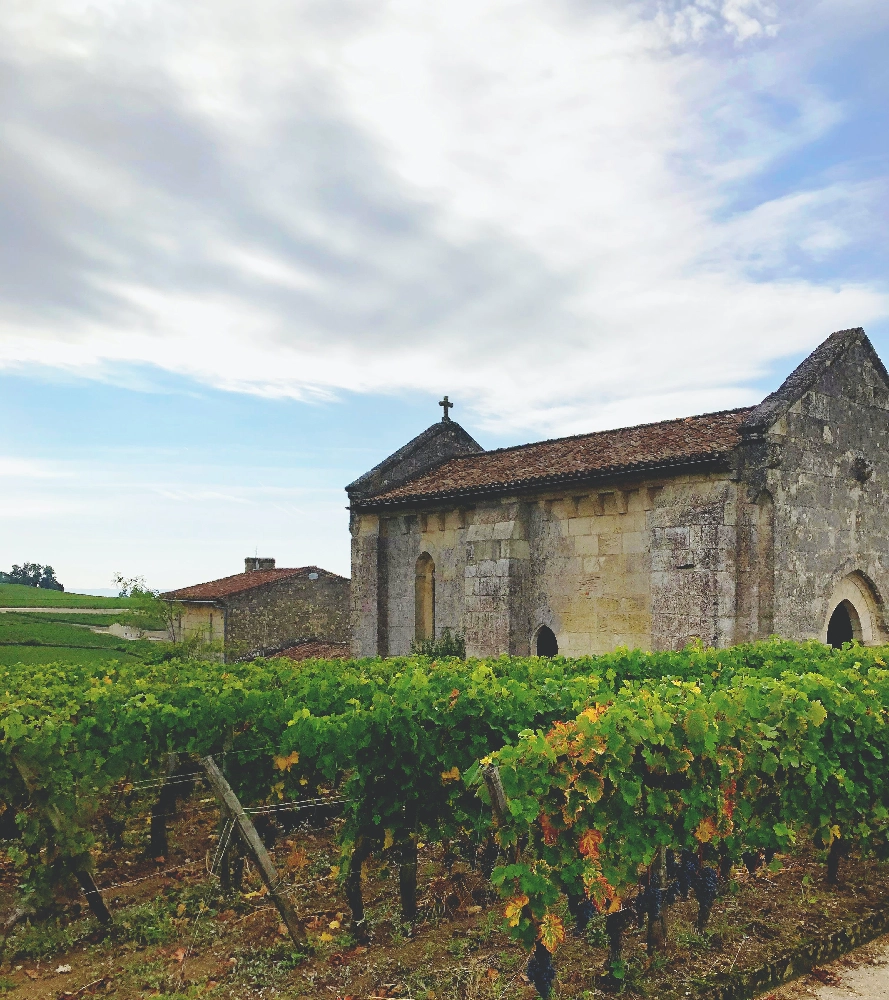
Chaves Wineries & Wines Stats
Wineries
2
Wines
3
Chaves: A Historical Perspective on its Significance in Wine Production
Introduction: Chaves, located in the northernmost part of Portugal's Douro region, is a land steeped in history and tradition. While it may not be as famous as some of its more well-known neighbors, such as Porto or the Douro Valley, Chaves has played an essential role in Portugal's wine industry for centuries. In this review, we will delve into the historical significance of Chaves, exploring its unique wine style, grape varieties, and food pairings.
Historical Context: Chaves is believed to have been producing wine since Roman times, with evidence of vine cultivation dating back to the 3rd century AD. However, it was during the 18th century that Chaves gained significant prominence due to its proximity to the Douro River and the establishment of the Douro Wine Demarcated Region in 1756. This demarcation protected the quality and authenticity of Port and other fortified wines produced in the region, including those from Chaves.
Wine Style: Chaves is most renowned for its red wines, which are characterized by their full body, complex flavors, and high tannin content. The unique terroir of the region, with its schistous soil and steep slopes, imparts distinct characteristics to the wines, making them a sought-after choice among wine connoisseurs. While Port production is significant in Chaves, the region also produces still red wines that can be aged for many years, showcasing the true potential of its grape varieties.
Grape Varieties: The primary grape varieties grown in Chaves include Touriga Nacional, Tinta Roriz (Tempranillo), and Tinto Cão. These grapes are known for their robustness and ability to adapt to the region's challenging growing conditions. In white wine production, Codega Do Larinho and Malvasia Fina are commonly used.
Food Pairings: Chaves wines pair exceptionally well with a variety of hearty dishes due to their full body and rich flavors. Some traditional food pairings include roast meats, game birds, and stews made with root vegetables. For those seeking vegetarian options, Chaves wines can be paired with mushroom-based dishes or aged cheeses.
Conclusion: Chaves may not be as well-known as some of Portugal's other wine regions, but its historical significance in the country's wine industry is undeniable. With its unique terroir, distinctive grape varieties, and rich tradition, Chaves continues to produce wines that are a testament to the region's enduring passion for viniculture. Whether you're a history buff, a wine enthusiast, or simply looking for a new culinary adventure, Chaves is sure to leave an indelible mark on your palate and your senses.
